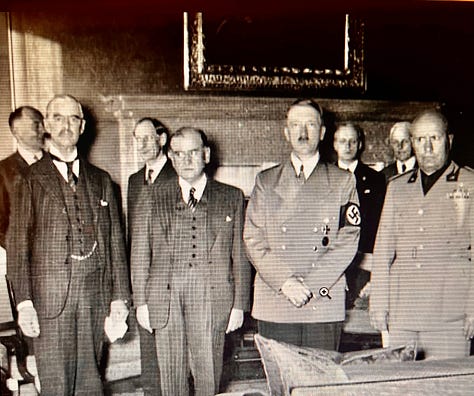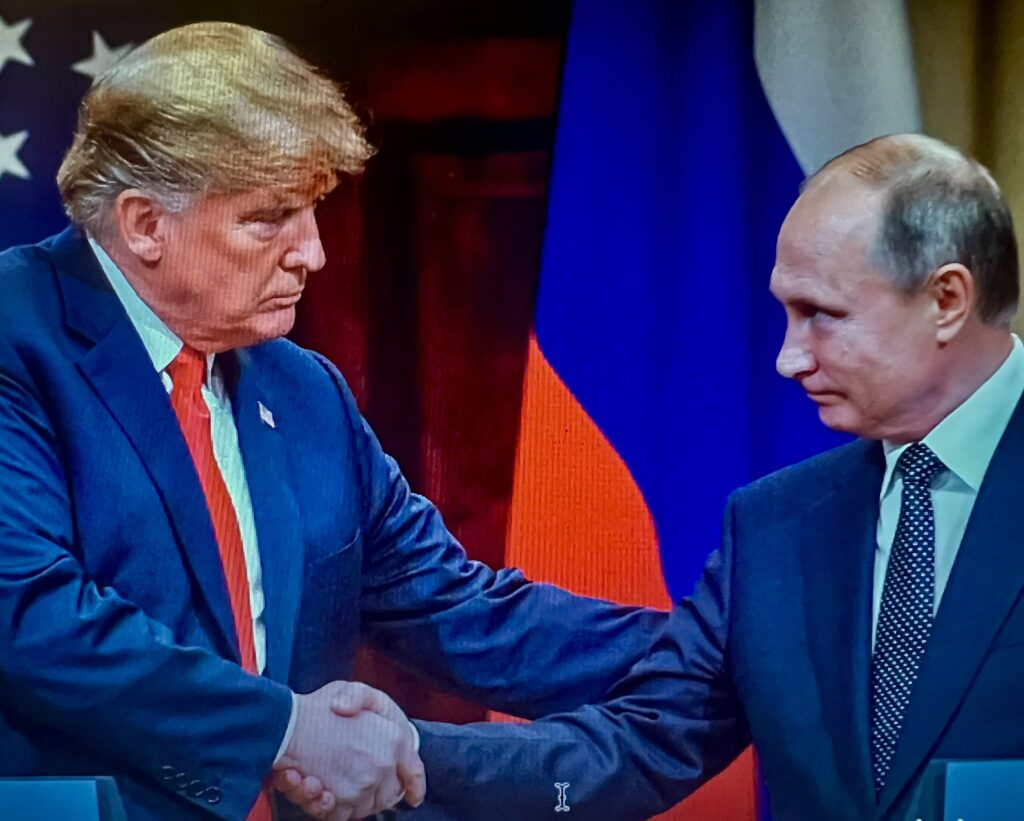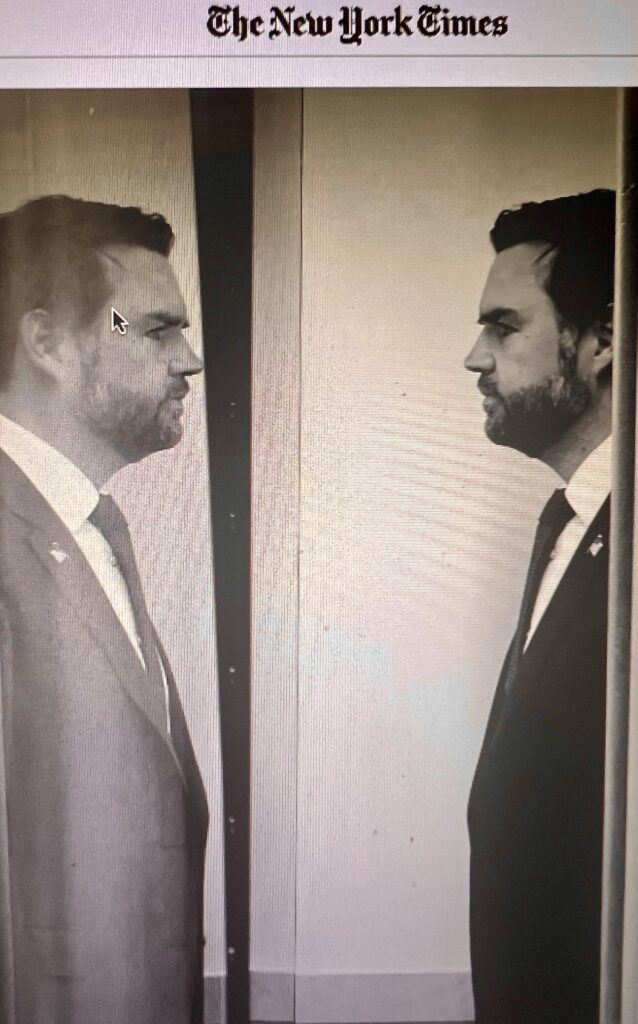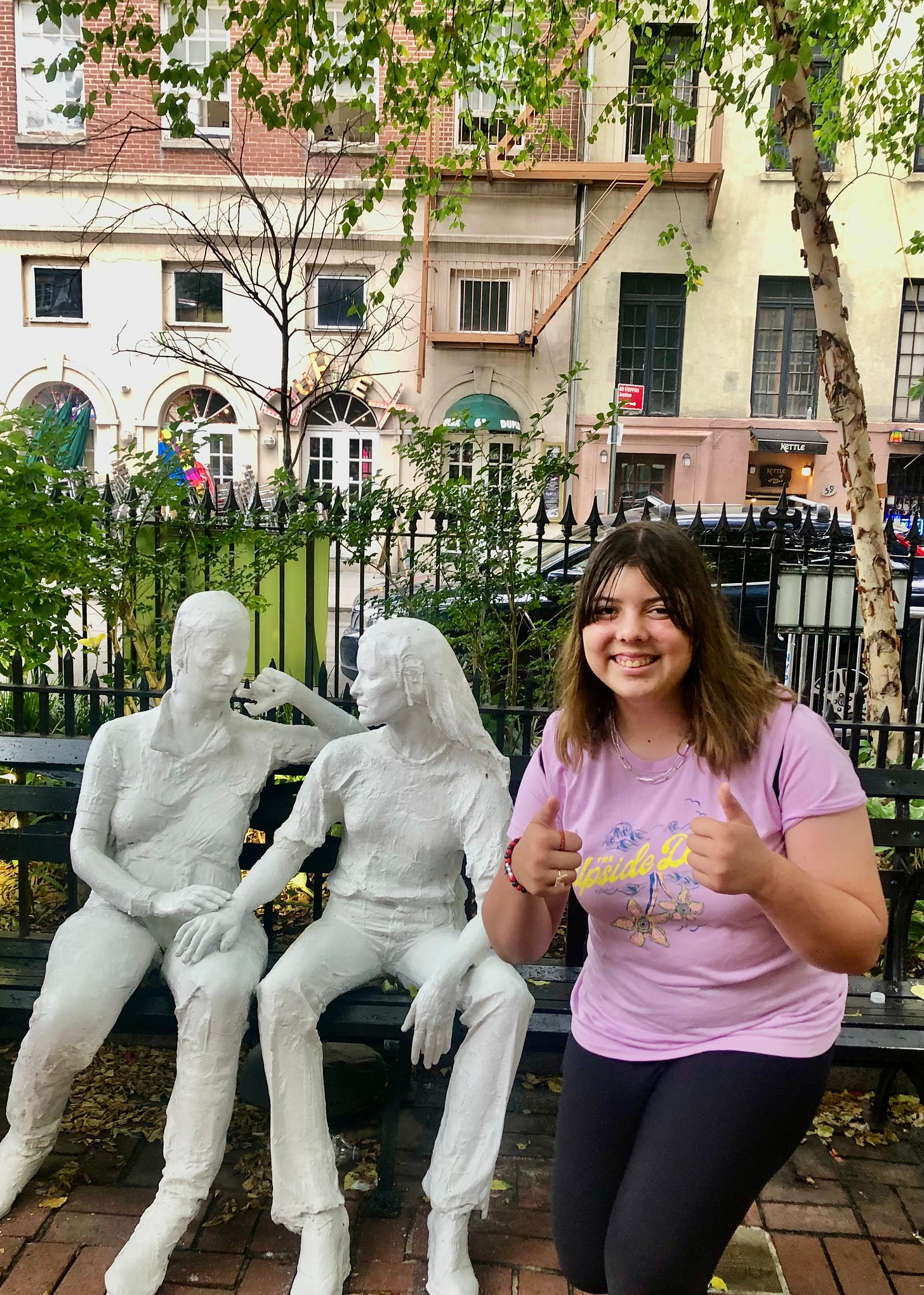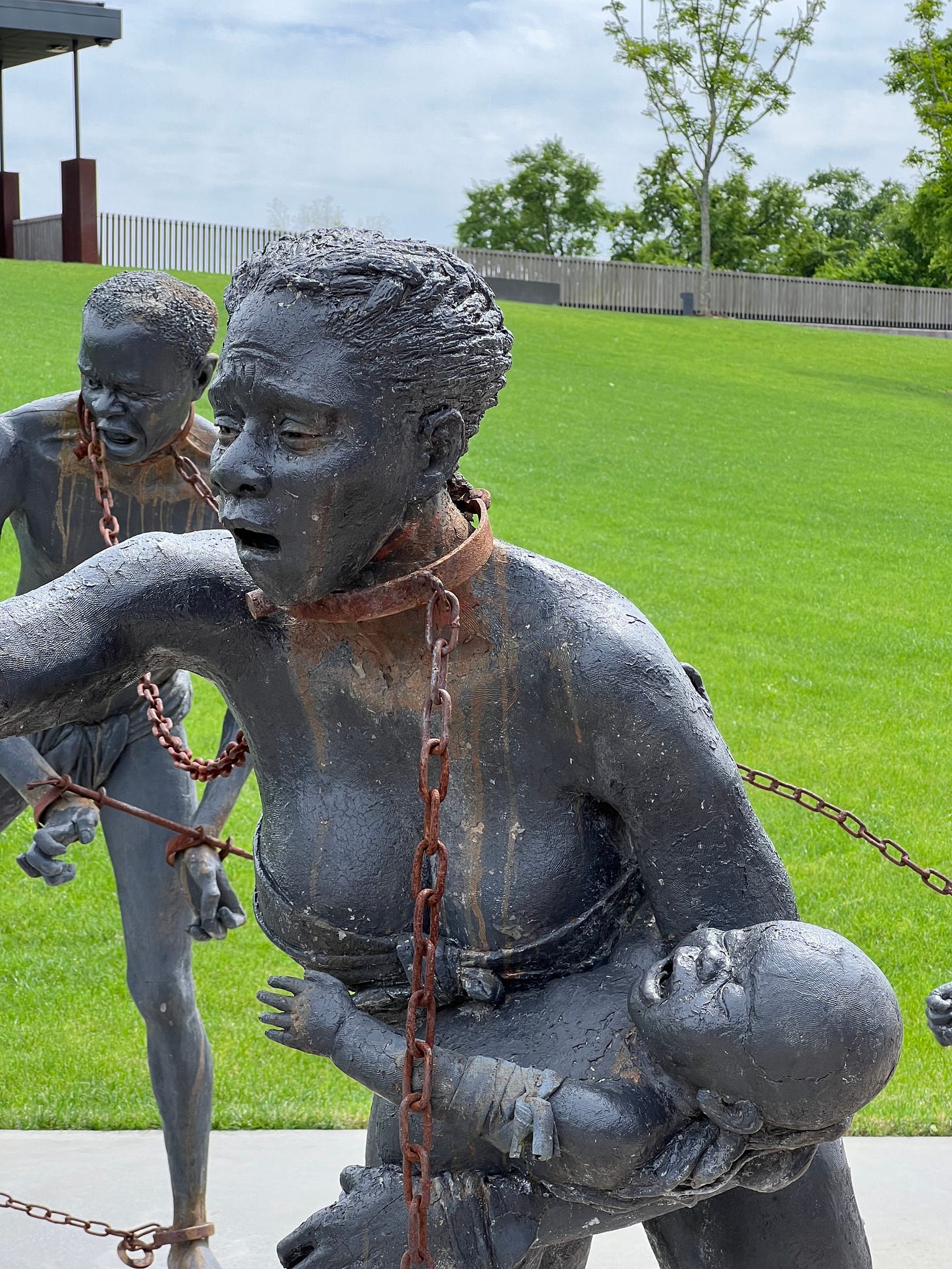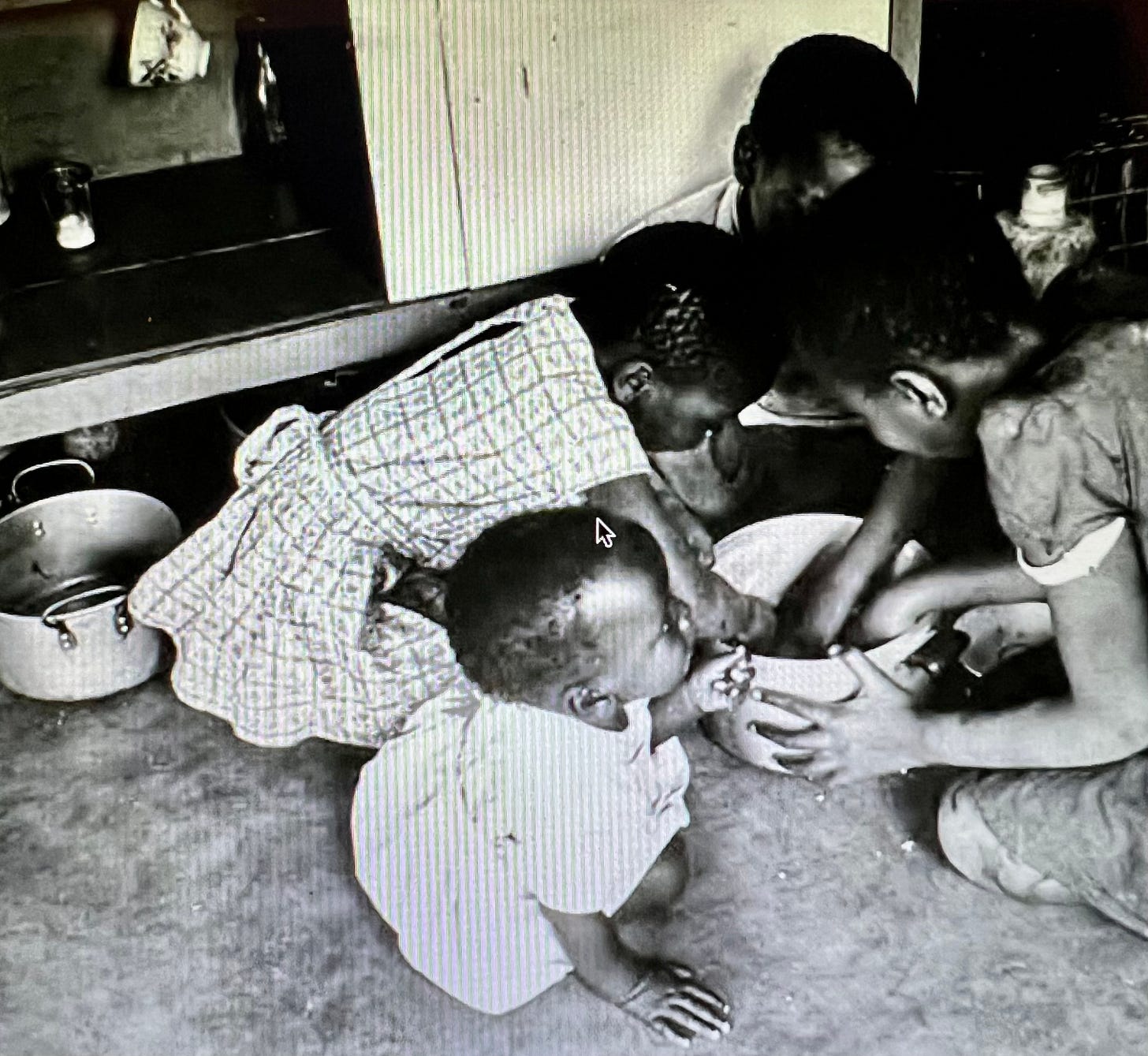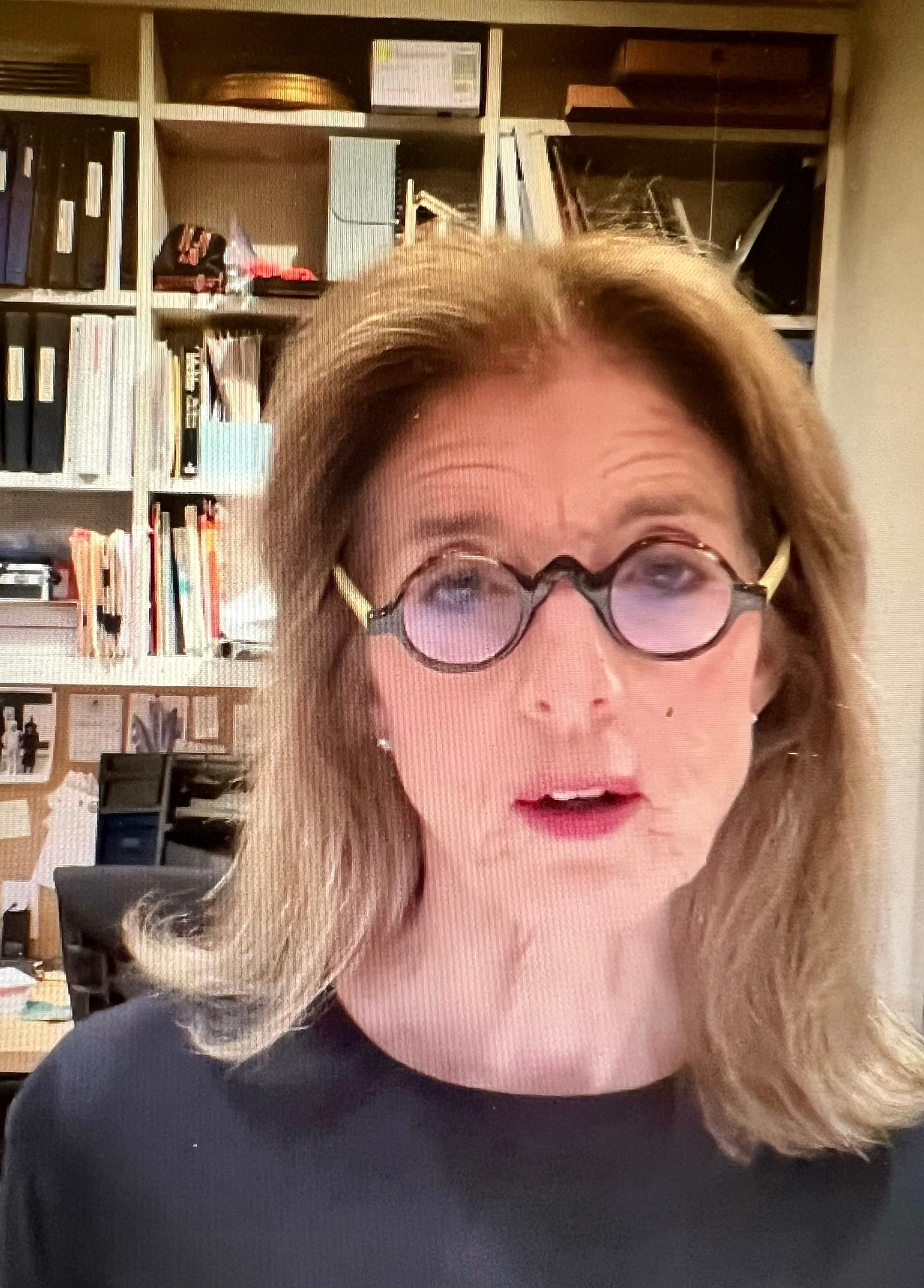Judge Dan Brenner’s keen intellect, boundless compassion, great heart, and sharp sense of humor keep instructing us how to live a full, meaningful life of great dignity and delight.
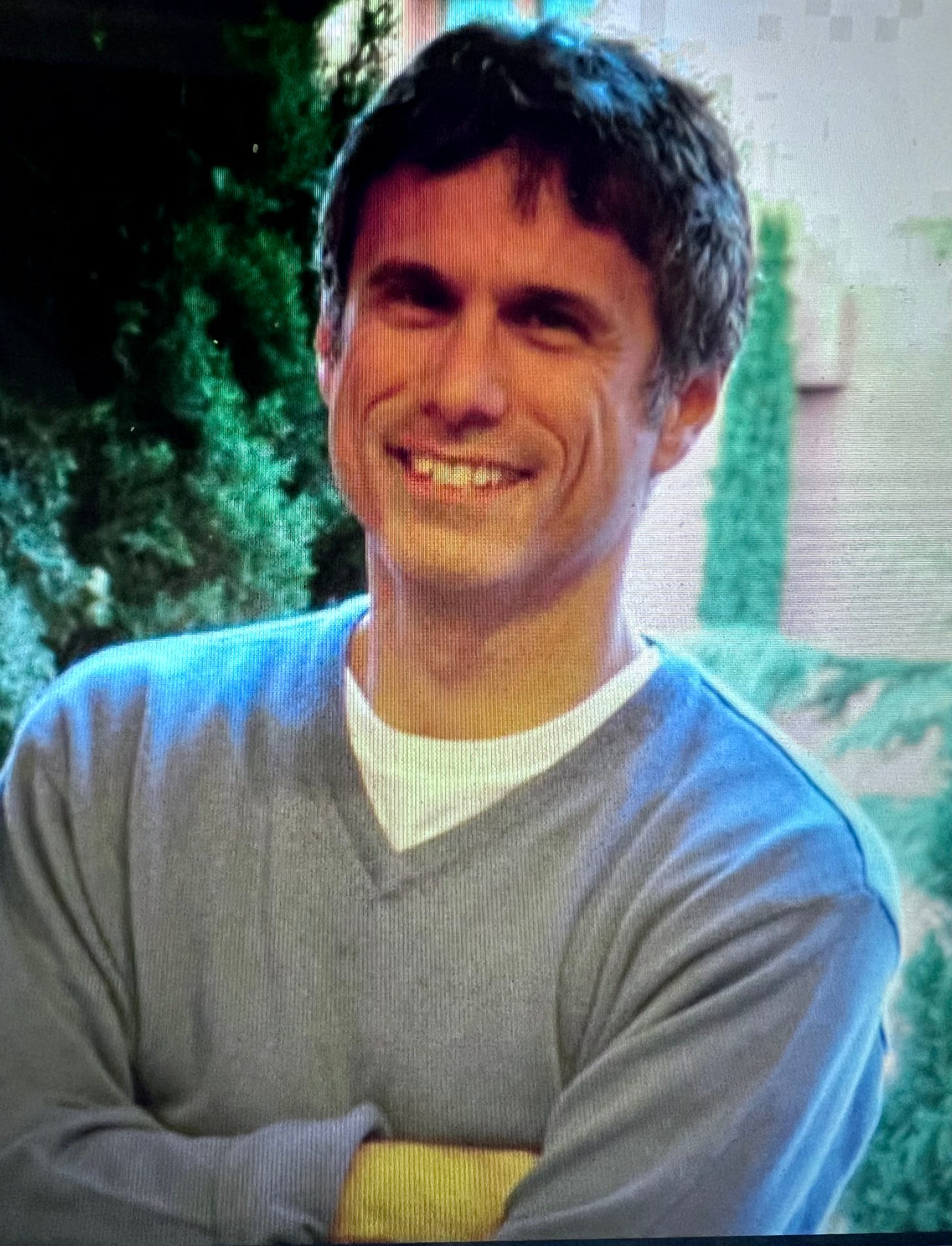
It’s been 9 years since my friend and former colleague, Judge Dan Brenner, was struck and killed by a car while crossing a street in LA.
I was stunned when I heard the news. It was inconceivable to me: Dan Brenner, the picture of life, a brain of sheer wizardry and wonder was dead. Gone, at 64 years old.
Yet there he was, one night, very much alive in my dream. I jumped ahead of a group of people I was walking with and called out to him.
“Dan! Dan!,” I shouted to him down the hall. “Dan Brenner.”
I quickly turned around to the people with me.
“It’s Dan Brenner!” I screamed at them.
They looked at me like I had lost my mind. They didn’t see anything or anyone at the end of the hallway.
I called out again.
“Dan! Dan Brenner!”
No answer. Odd, pitying looks from everyone around me.
I woke up with a start, wondering why I saw Dan Brenner so alive in my dream. He was a constant source of joy and genius for me, when he served as General Counsel to the national HIV/AIDS non-profit I ran, Cable Positive.
Why had I seen him so clearly now? It could be because I was again, becoming immersed in the law, taking on a new challenge as Executive Director of the Sonoma County Bar Association, during a time of heightened disregard for the rule of law in the United States. After years of working at the highest levels of communications law in Washington, DC, Dan, a Stanford University Law School graduate, returned to his native LA, to care for his aging mother, and became a local judge.
I hadn’t seen him for some 16 years, seven years before he was killed, but he came to life for me again, the moment I stepped inside a building at Stanford Law School last week, a place where Dan excelled.
I was there for a symposium on how the State of California would continue to respond in court to every single illegal action of the Trump Administration. Before the session on Immigration Rights began, I went up to the front of the room to talk with former Law School Dean, and Stanford Law Professor Robert Weisberg.
“Professor Weisberg,” I said outstretching my hand to shake his.
“Did you remember having Dan Brenner as a student?”
Weisberg’s kind eyes twinkled.
“Sure,” he said. “ I remember Dan. He was an outstanding student.”
We chatted about the terrible way Dan’s life ended, and I mentioned to the Professor that I knew coming to Stanford Law School for a day long series of seminars on how California will continue to fight for the rights of individuals, would unlock torrents of memories about Dan Brenner.
Brenner and I first met when I was a student at Hofstra University School of Law, and Dan—then the General Counsel at the FCC—was a guest lecturer in Professor Stuart Shorenstein’s Communications Law class. When Dan Brenner taught, there was no time for boredom; his mind raced so fast, his humor was so relentlessly quick, that if you snoozed, you’d lose.
Fifteen years later, when I was hired to head Cable Positive, I saw Dan again at the National Cable Show in New Orleans. I went up to him at the Cable Positive Board of Directors meeting where I would be introduced, and whispered in his ear.
“I’m the only person in the entire Cable Television industry who’s ever been your student in law school,” I said, catching him off guard for a nano-second, watching his gentle eyes smile before his warp-speed wit went into action.
“And, I must have done a good job,” he said, “because you’ve chosen not to practice Communications Law.”
In fact, Dan did a very good job, which is no surprise to all of us who knew, admired and loved him. Whether working as Counsel to former FCC Commissioner Mark Fowler, as General Counsel for NCTA, or as a leading voice on Cable Positive’s Board for a decade, Dan Brenner’s brilliance in his work was only equaled by his boundless compassion, and his razor-sharp wit.
A proud, Gay man, Dan once did stand-up comedy for a time, performing at such legendary venues like The Duplex in NYC’s Greenwich Village. In a room full of a diverse group of people, Dan’s laser-like eyes & mind would scan the crowd, and declare that he was holding a black-tee-shirt contest, to see who owned the most.
In venues outside of Cable Positive, it was easy to be distracted by Dan’s intelligence and how devastatingly funny he could be, with a few carefully chosen words and nuances. Cable Positive benefited by both of those gifts of his, but they took a back seat to his passion for the organization’s mission and his deep feeling for individuals—around the world—living with HIV, and those being discriminated against because they were different.
Dan Brenner represented the heart-and-soul of Cable Positive and why the industry’s commitment to fighting AIDS was so unique. He understood intuitively—long before he worked meticulously with staff developing our “One-for-One Program” of domestic and international anti-retroviral drug assistance, that presaged the PEPFAR program–how a rich and powerful industry had a responsibility to direct its vast resources to help people in dire need.
I always respected and admired how he challenged me constantly at Cable Positive, and loved the fact that, through our work with him in fighting HIV/AIDS, he was always fearless in acting on his deep feelings for others, inspiring all of us along the way. His humor was his shield against despair.
Maybe Dan Brenner burst into my subconscious the other night because the Trump Administration tried to instantly delete the PEPFAR program abroad, which saved 25 million lives since it’s inception, and has illegally dismantled the USAID program, damaging the health and safety of tens of millions more. Such inhumane actions would have depressed Dan Brenner for days on end, until he figured out a way to use his genius, his sharp legal mind, and his humor to fight back.
Maybe I saw him down the hallway of an unidentified office building, or in the classrooms of Stanford Law School, because I was starting a new challenge to strengthen my respect for the law, and how it could help people, which is how Dan spent the final days of his brilliant, bright, full life.
Maybe he was signaling to me that this was a higher calling, or that he would use his sub-conscious cameo to tease me that he wouldn’t tell anyone that he had become the man of my dreams. That quip would be quintessential Dan Brenner.
I’m not sure what it was, but seeing Dan Brenner, alive and smiling again, told me that whatever I was doing at this very moment in my life, was precisely the right thing.


